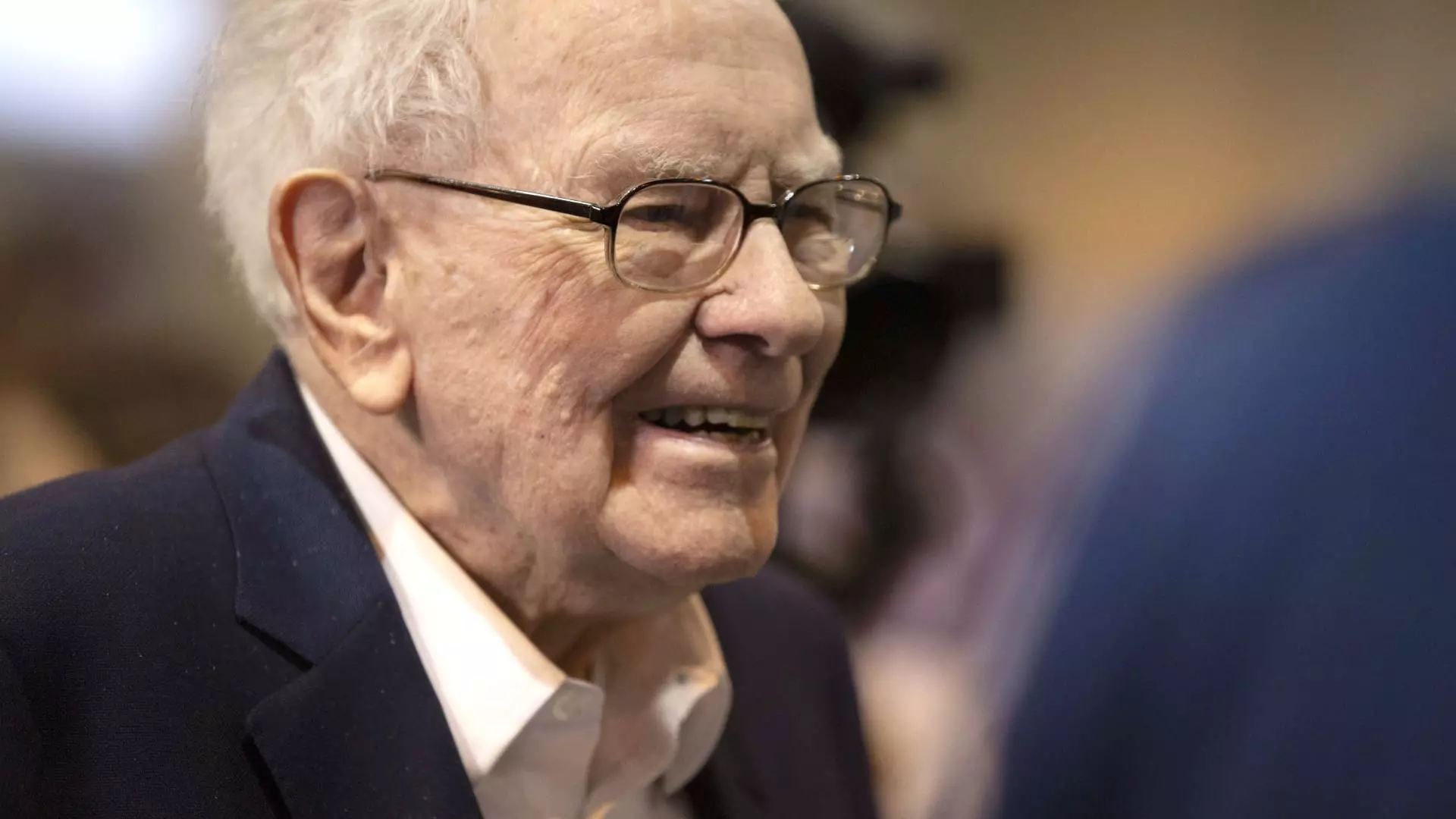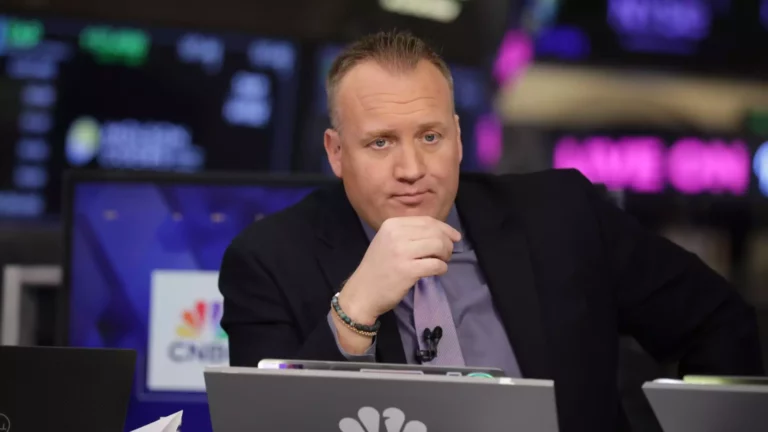The Enigma of Warren Buffett’s Defensive Strategy: Analyzing Berkshire Hathaway’s Latest Moves

Warren Buffett, the icon of value investing and CEO of Berkshire Hathaway, has been making headlines lately, not for his customary bold market maneuvers but for a notably cautious approach. At 94 years old, Buffett’s recent financial strategies have raised eyebrows, particularly as Berkshire Hathaway racked up a staggering cash reserve of $334 billion while simultaneously offloading stocks in significant volumes. This article delves into the nuances of Buffett’s current investment philosophy, the implications for shareholders, and potential signals regarding the company’s future direction.
A Shift in Investment Philosophy
Buffett’s latest annual letter to shareholders has left many puzzled. Traditionally a staunch advocate for equity investments, Buffett’s decision to increase Berkshire’s cash reserves and reduce stock holdings appears contradictory. In his letter, he reassured shareholders that despite the considerable cash position, a significant portion of their investments would remain in equities. “That preference won’t change,” he asserted, reflecting his enduring commitment to the stock market. However, this defensive posture raises questions: why is he hoarding cash, and what does this mean for the company’s future investments?
Buffett has repeatedly mentioned his concerns over high stock valuations and a dearth of attractive buying opportunities. This sentiment reflects an underlying apprehension about the current market landscape, where asset prices have soared, leading to a more discerning approach to equity investments. While many investors have reaped the benefits of a bull market, Buffett seems to be adopting a more patient, cautious mindset, waiting for better opportunities that align with his value-oriented principles.
The curious accumulation of cash in Berkshire’s balance sheet has not gone unnoticed by stakeholders. With interest rates projected to decline from their historical peaks, many investors wonder why Buffett isn’t deploying his funds more aggressively when potential returns could be more favorable. The answer might lie in his commitment to maintaining a robust capital position to navigate uncertain market conditions.
Buffett’s strategy of gradual stock divestment is primarily evident in Berkshire’s two largest equity holdings, Apple and Bank of America. Selling off over $134 billion in stocks raises concerns about his long-term outlook, suggesting a more strategic approach to capital allocation rather than mere market exit. Additionally, the cessation of stock repurchases indicates a shift in focus; Buffett seems to prioritize liquidity and flexibility over immediate equity gain, a move well-informed by his vast market experience.
Anticipating Economic Trends and Their Impact
Recent economic indicators are flashing warning signs. Although the S&P 500 has seen remarkable gains, concerns regarding a potential economic slowdown have surfaced. Factors such as rapid policy changes under the current administration exacerbate volatility in the market. These developments could lay the foundation for Buffett’s defensive positioning. His instinct for risk assessment has often proven prescient, prompting him to maintain capital reserves strategically as a buffer against potential downturns.
Buffett’s stated intention to continue investing in sectors that promise value—specifically mentioning the Japanese trading houses—hints at a targeted approach rather than an indiscriminate one. As he stated, “Over time, you will likely see Berkshire’s ownership of all five increase somewhat.” This suggests an inclination to find international opportunities that meet his stringent investment criteria, even if it means sidestepping currently attractive domestic options.
Another layer of intrigue surrounds the announcement of Buffett’s designated successor, Greg Abel. By endorsing Abel’s acumen in selecting equity opportunities, Buffett is not merely preparing for succession but is also indirectly signaling confidence in the future leadership of Berkshire Hathaway. In the face of Buffett’s current cautious stance, Abel’s potential influence indicates a future where strategic shifts might occur, tailored to evolving market conditions and opportunities.
This transitional phase could signify a significant evolution in Berkshire’s investment philosophy. As shareholders ponder the implications of these strategies, the focus will likely remain on how Abel navigates the complexities of a market environment shaped by both uncertainty and opportunity.
Ultimately, Warren Buffett’s current defensive posture is a reflection of a seasoned investor recalibrating in response to market dynamics. His ability to read the economic landscape and prioritize cash availability demonstrates a nuanced strategy aimed at long-term prosperity. While the recent changes in Berkshire Hathaway’s investment strategy may perplex some investors, they align with Buffett’s longstanding principles of value investing and risk management. As shareholders await further clarifications on his moves, it is clear that patience and strategic foresight remain at the forefront of Buffett’s investment philosophy.





